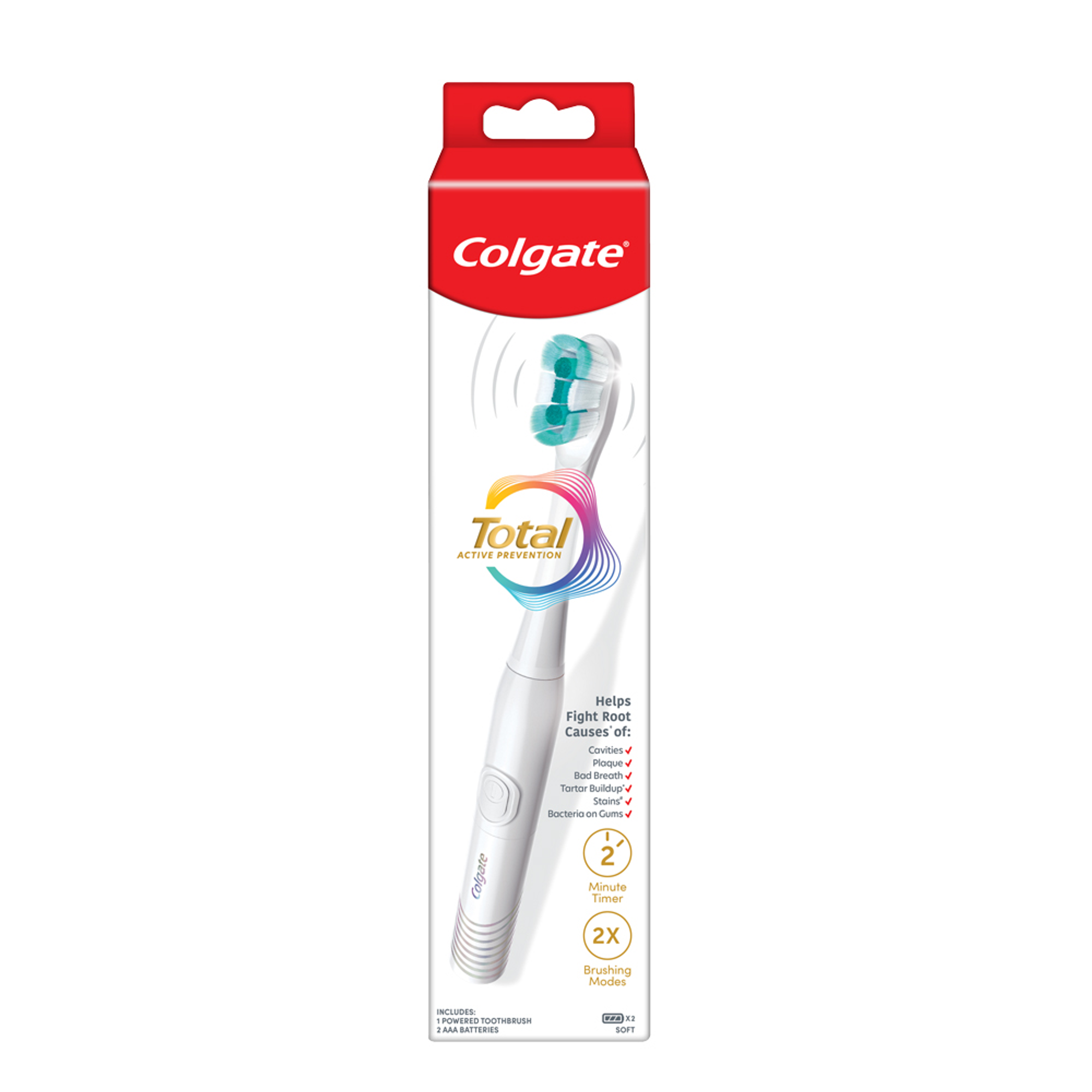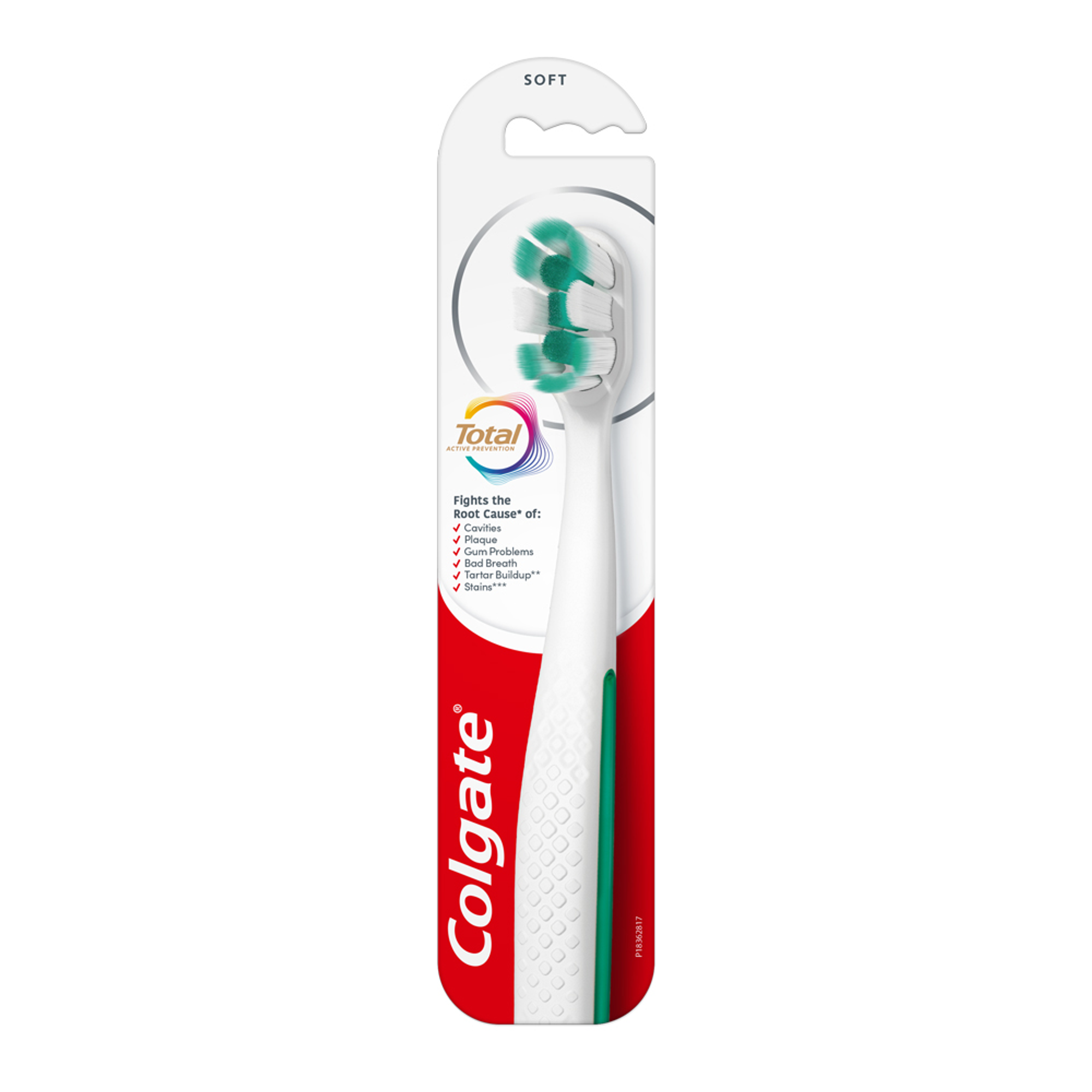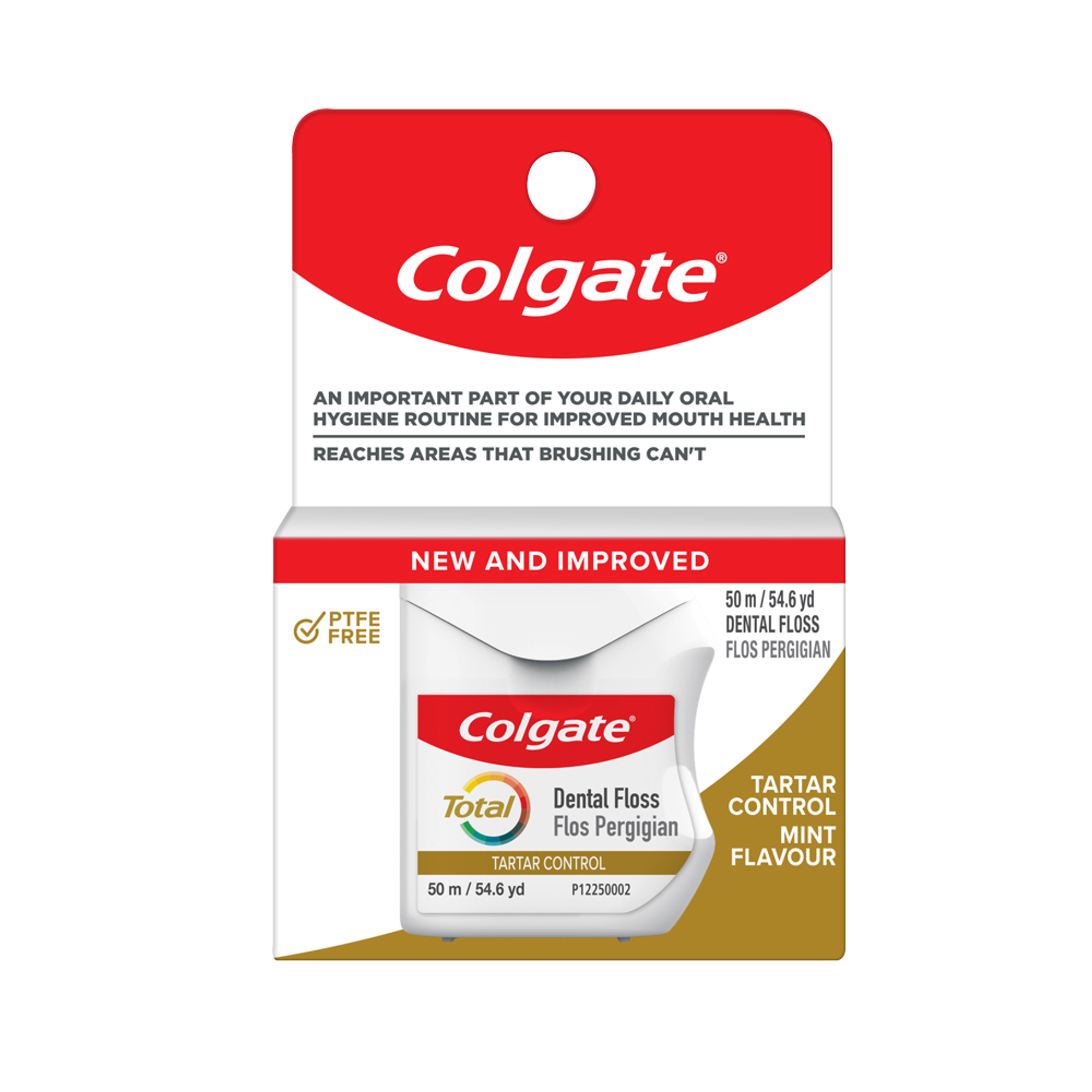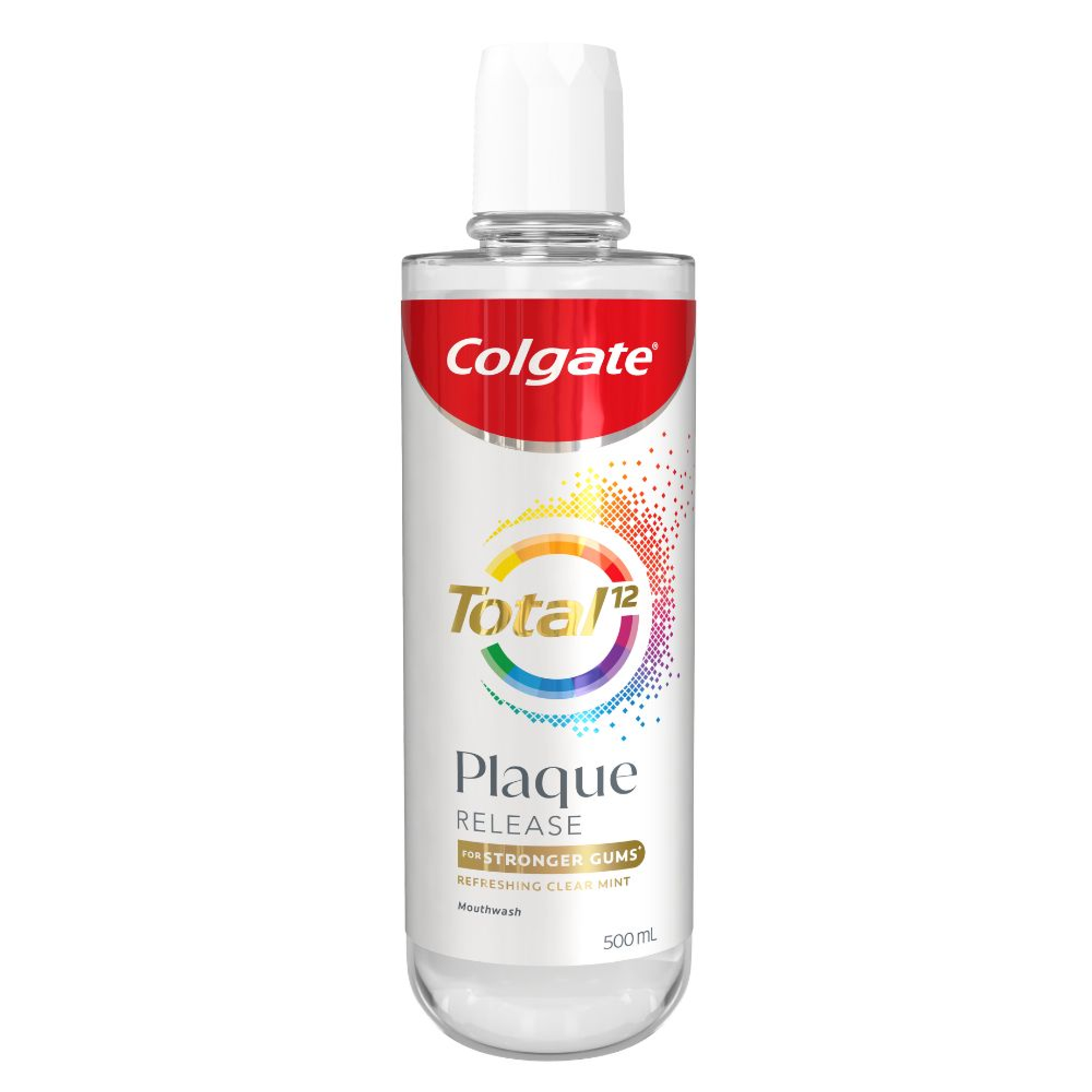-
-

FLUORIDE
Discover how stannous fluoride toothpaste prevents cavities and other oral health issues. Learn the key benefits of fluoride for teeth and its best uses.Fluoride plays a vital role in oral healthcare...

TEETH WHITENING
Teeth Whitening Serum for a Brighter, Confident SmileWho does not want whiter and brighter teeth? Thanks to the many teeth-whitening products available today...
-
Science & Innovation
- ORAL HEALTH ASSESSMENT
- Colgate® | Toothpaste, Toothbrushes & Oral Care Resources
- Oral Health
- Why Do You Have Itchy Gums?


These are the following reasons why you might be experiencing itchy, irritating gums:
1. Plaque Build-up
Plaque is a common cause of itchy gums. It's a sticky film found in your mouth atop your teeth and gums, made up of bacteria, sugars and germs. The more plaque you have, the higher your chances of having cavities and gum disease. Like most oral care issues, brushing twice a day, flossing daily, and seeing a dental professional twice a year will help eliminate plaque and the risk of itchy gums.
2. Gum Disease
Neglecting regular oral hygiene can lead to periodontal disease, commonly known as gum disease. The most common periodontal disease is gingivitis. In this case, the itching will seem insignificant to the swelling and bleeding associated with gum disease. Fortunately, thorough deep cleaning from a dental professional and regular oral care at home, including a daily mouthwash rinse, should help prevent the itching and gum disease from returning.
3. Allergies
Allergies cause itching in your eyes, nose, skin, and sometimes in your gums. Oral itchiness is usually triggered in two ways:
- Certain products (toothpaste, mouthwash, etc.) with specific ingredients can irritate and inflame your gums, leading to itching.
- Oral allergy syndrome can cause swelling of the lips, scratchiness in the throat, and an itchy mouth and gums. This can occur from cross-reacting allergens found in pollen, raw fruits, vegetables and some tree nuts.
Your dentist may recommend certain oral care products with ingredients that irritate your gums and mouth, while a medical doctor can diagnose what you're allergic to so you know what to avoid in the future.
4. After Surgery
It's not uncommon for your gums to itch after having your wisdom teeth removed. Rinsing with saltwater could help. Speak with your dentist if that doesn't do the trick. The last thing you want to do is to scrub and scratch anywhere near the location of your surgery. It could disrupt your healing process.
Chances are plaque and/or gum disease are the culprits causing your itchy gums. And if that's the case, a good oral care routine will drastically improve your situation and squash the itch. If your itch is recurring, check in with a dental professional so they can properly examine your gums and teeth. They'll be itching to get to the bottom of your itch as well.
Related Articles


Learn effective ways to remove tartar buildup, prevent plaque, and maintain a bright, healthy smile. Discover expert tips for easy tartar removal at home.

Noticing that your cheeks are swollen can be distressing. There are many possible causes of cheek swelling, and a doctor or dentist can diagnose the issue.
Related Products

Helping dental professionals
More professionals across the world trust Colgate. Find resources, products, and information to give your patients a healthier future








